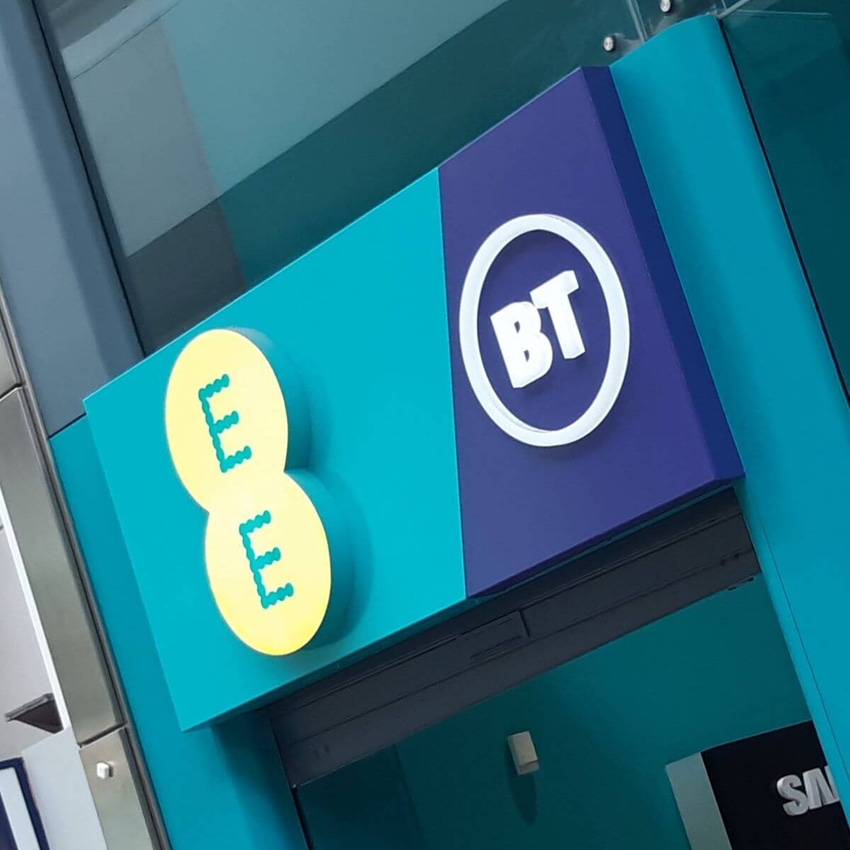
Also in today's EMEA regional roundup: BT helps robots pick strawberries; A1 Telekom Austria, Elisa battle on in Q3; MTN walks away from Telkom takeover talks.
Figure 1:  (Photo by Paul Rainford)
(Photo by Paul Rainford)
BT, the Britain's incumbent operator and owner of mobile subsidiary EE, has seen an estimated £11 billion (US$12.3 billion) wiped off the value of its pension fund following the UK government's so-called "mini-budget" on September 23 that plunged the ruling Conservative party into crisis and prompted the Bank of England to intervene in the gilts market. As the Guardian reports, the disclosure comes in the annual report published by the pension scheme, to which around 270,000 members belong. "Following the year end, there was a significant fall in the value of the scheme's assets, during a period of significant market volatility in the second half of September," stated the report, with admirable restraint.
In happier news (though maybe not for human fruit-pickers), BT has come up with a robotics platform and management system that it says presents a "vision of the future of soft fruit farming," one that sees connected robots, powered exclusively by renewable energy, assisting farmers in harvesting their strawberries, raspberries and wotnot. Specifically, BT has developed and tested the edge and cloud architecture that can provide the infrastructure through which such IoT-based wizardry can operate. Figure 2:
 Careful now...
Careful now...
(Source: BT)The impact of rising energy prices on operators is made starkly clear in A1 Telekom Austria's third-quarter results, which show A1's electricity costs rising 19.6% on the previous quarter, to €37 million ($36.1 million). Aside from the electric shock, EBITDA (earnings before interest, tax, depreciation and amortization) rose 7.8% year-on-year, to €517 million ($505 million), on revenues that rose 7.2%, to €1.29 billion ($1.26 billion). A1 confirmed its full-year outlook, which envisages revenues rising by close to 3% and capex up by approximately 15%.
Finland's Elisa also seems to making progress, despite what it calls "geopolitical challenges and increasing uncertainties." EBITDA improved by 4% year-on-year, to €194 million ($189.5 million), on revenues that increased 8%, to €534 million ($521.5 million). 5G rollout seems to be going well for the operator – its 5G network now reaches more than 200 locations and covers over 83% of Finns. Full-year revenues and EBITDA are expected to be "slightly higher" than they were in 2021.
Nokia is to provide its 7750 service router platform, powered by FP5 silicon, to Netherlands-based Internet exchange provider NL-ix. The deployment, says Nokia, will enable NL-ix to begin the rollout of 400GE and 800GE access and interconnection services for its cloud provider and national research and education network (NREN) customers.
South Africa's MTN has walked away from takeover talks with Telkom SA following, in the words of MTN's statement, a failure to "reach agreement to their mutual satisfaction on the process going forward." The deal, thought by analysts to be prompted mainly by MTN's attraction to Telkom's fiber infrastructure and data centers, would have seen the coming together of the second- and third-biggest mobile operators in South Africa.
Vodafone has launched what it claims is the cheapest "social" broadband tariff on the UK market. Available to people receiving certain welfare payments, Vodafone Essentials Broadband costs £12 ($13.47) a month and offers downlink speeds of 38 Mbit/s. The operator also says it is offering small business owners a year's free broadband to help them cope with rising costs.
— Paul Rainford, Assistant Editor, Europe, Light Reading
Read more about:
EuropeAbout the Author(s)
You May Also Like












